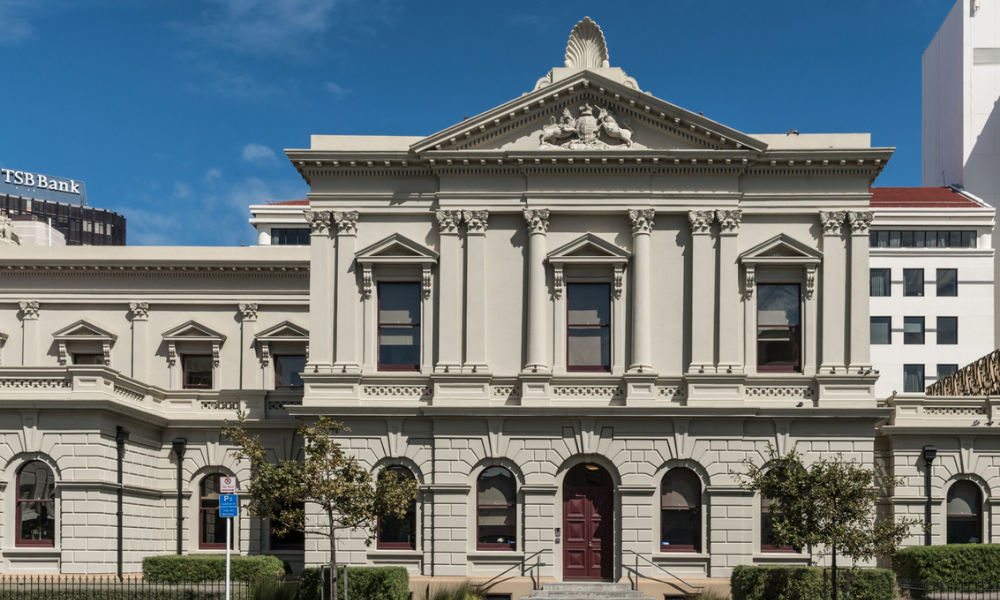
Joe Williams felt like he had to play down his upbringing

In May 2019, Justice Joseph Victor Williams made history by becoming the first Māori judge appointed to the Supreme Court. But his path to getting there was a challenging one because of the systemic racism he faced as a result of his heritage.
“It was very obvious to me from a young age, that being brown was not a good thing,” he told Stuff in 2020. “I think it internalised within me the idea that I wasn’t much good, and that if I needed to be much good, I needed to be different to what I was. I needed to minimise my upbringing, and maximise the vanilla-isation of my education.”
Williams also had a hard time fitting in with his peers at school, which included “doctors’ and dentists’ and lawyers’ sons, and farmers’ sons.”
“And every minute of every day you got reminded that that’s success, and that’s not.”
Nonetheless, Williams went on to do great things in the field of law – he helped launch Walters Williams & Co in 1994, and rose to the position of Māori Land Court chief judge 5 years later. He joined the High Court bench in 2008, and progressed to the Court of Appeal as a judge in 2018.
“There is great deal of expectation for young Māori lawyers to deliver the goods early, but I would say to them ‘patience, grasshopper, patience.’ Spend time learning and learn from the best,” he told the New Zealand Law Society.
Williams champions the incorporation of tikanga into the legal system, as it is “extraordinarily difficult to be an effective lawyer these days if you don’t have some grounding in the basics of tikanga.”